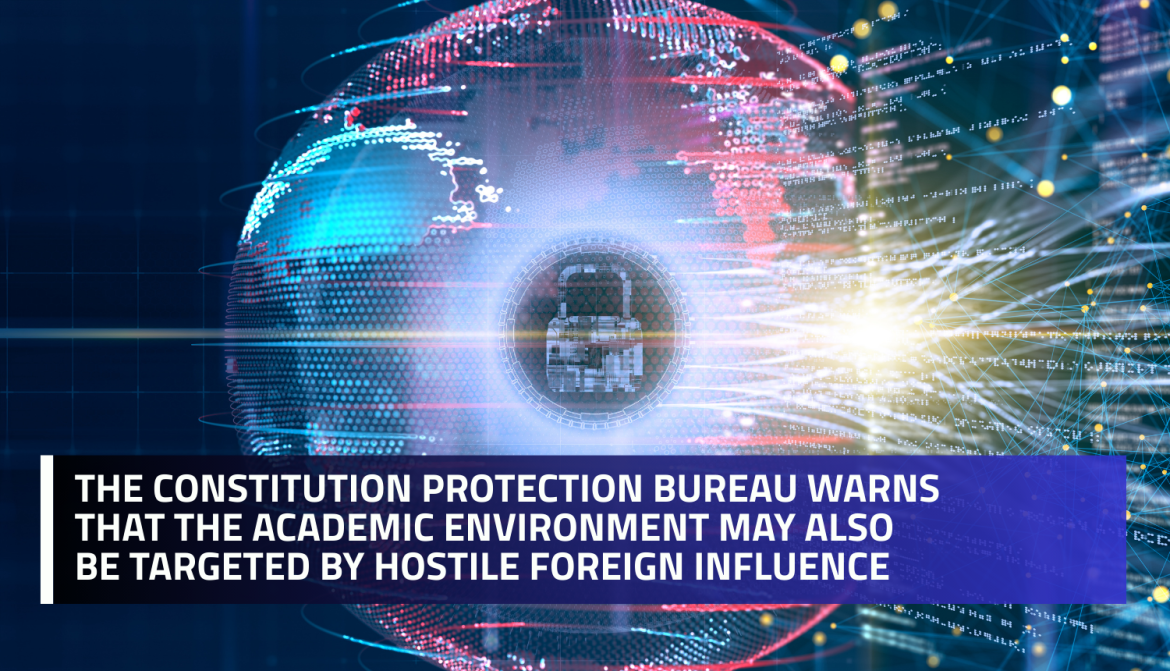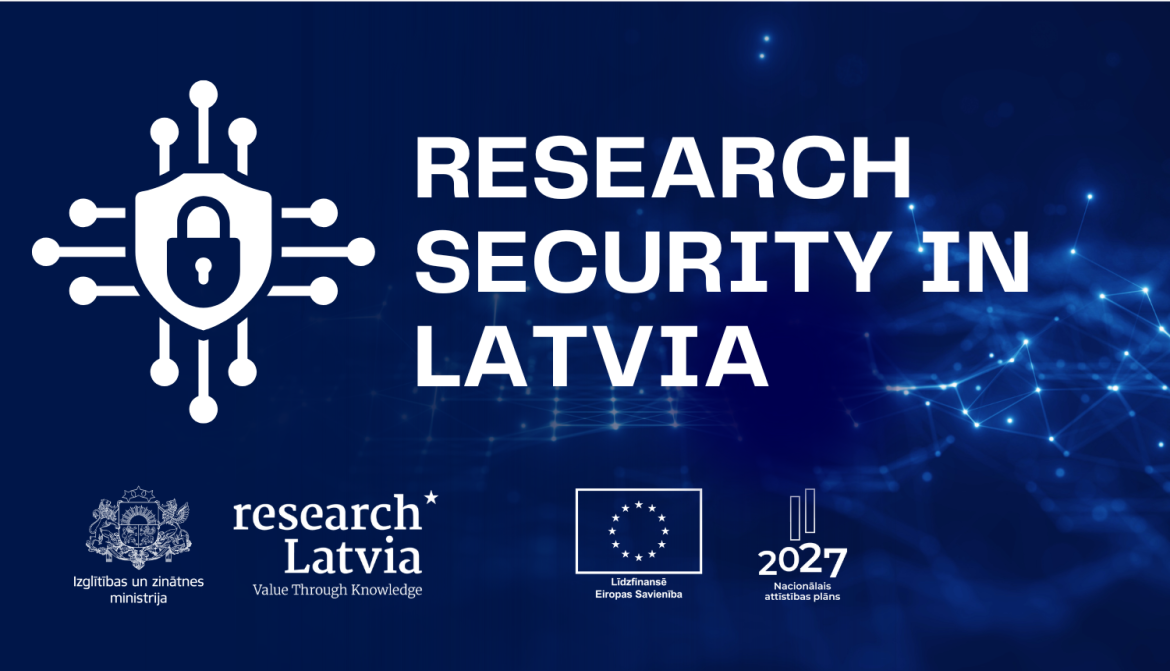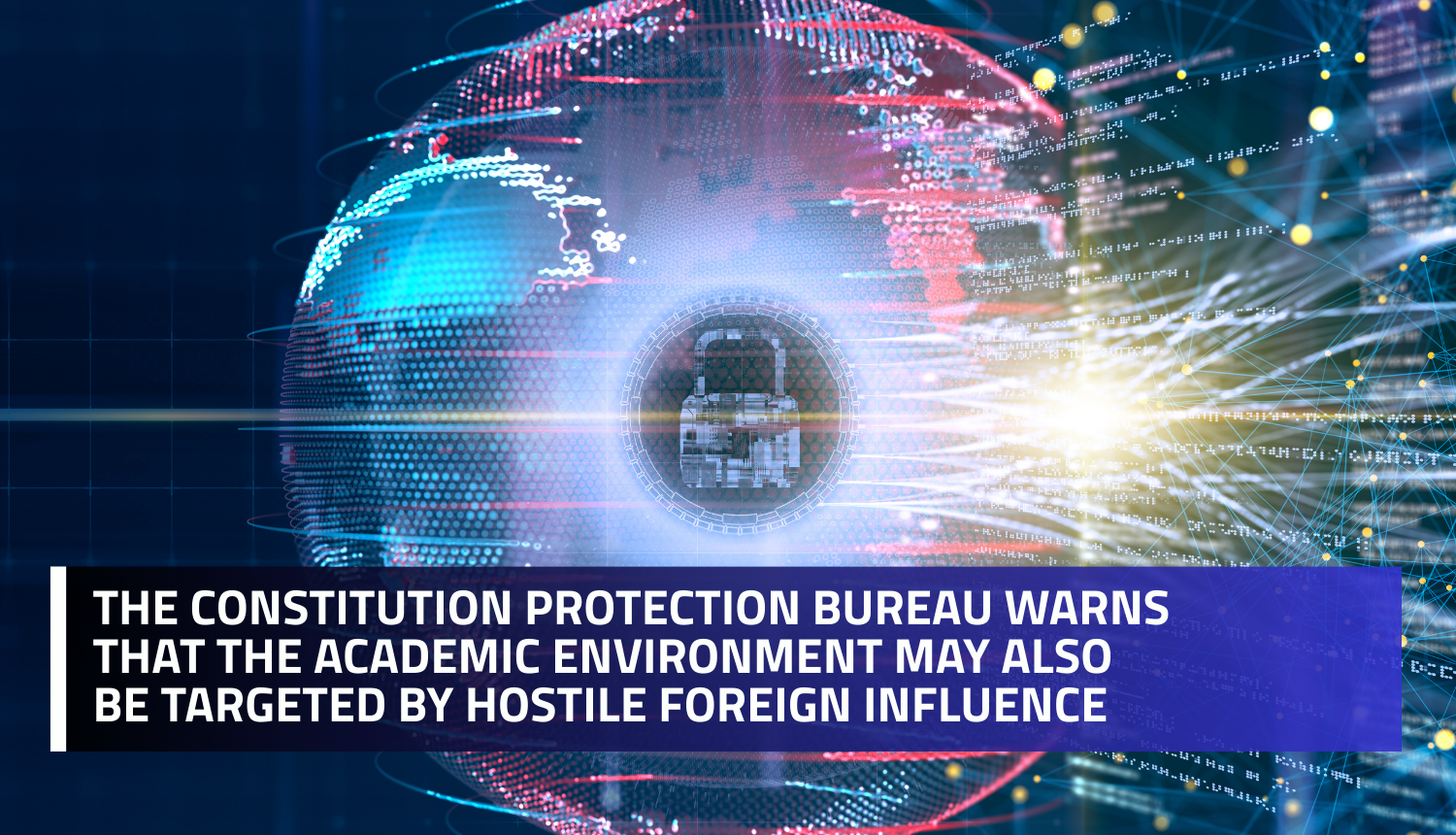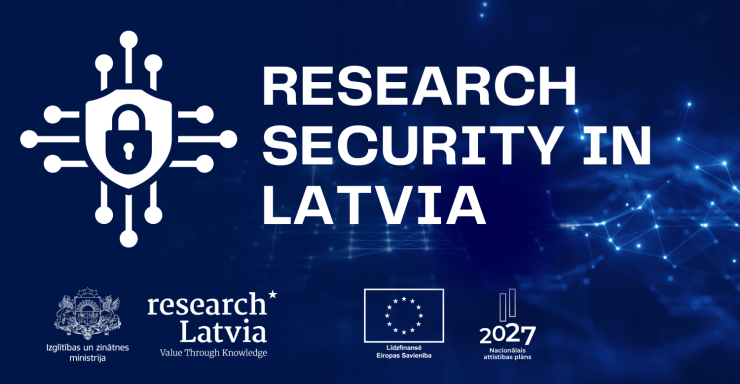At the Start of the New Academic Year, the Constitution Protection Bureau Warns That the Academic Environment May Also Be Targeted by Hostile Foreign Influence
As the new academic period begins, the Constitution Protection Bureau emphasizes that the academic environment in Latvia may also come under the influence of hostile foreign states. Alongside various sectors targeted by foreign intelligence and security services, there is traditionally active interest—especially in the current geopolitical context—in individuals working in education and science, with the aim of accessing valuable information through their involvement.
Therefore, SAB urges faculty members, students, researchers, and others involved in academic processes to remain vigilant and to carefully assess their practices regarding establishing contacts and exchanging information.

SAB Recommendations for Cooperation with Foreign Students, Faculty, and International Partners in Scientific Research
- Before launching a joint research or other collaborative project with foreign partners, publicly available information about the potential partner should be thoroughly reviewed. Risks may arise from partners who could be acting on behalf of hostile foreign intelligence services.
- When admitting foreign students, attention should be paid to their previous education — the field of study and the institution from which they obtained their diplomas.
- Verify whether the potential partner is subject to any sanctions or export control restrictions.
- Research work should be organized in a way that ensures controlled access to research data (e.g., individual passwords and usernames, access cards to laboratories, etc.).
- Contracts with foreign partners should clearly define in advance what research result information will be shared with the partner and who will have rights to any patents arising from possible inventions.
- When signing agreements on joint research with foreign partners, careful attention must be paid to where and in which arbitration court any potential disputes regarding the contract's execution will be resolved.
- Evaluate the information shared on social media about yourself, your private or professional activities, the specifics of your work, and your achievements. Detailed personal or professional information may attract the interest of hostile foreign intelligence services, who may offer appealing collaboration opportunities as a way to gain access to non-public information.
- Past intelligence cases in Latvia and other countries show that foreign intelligence and security services are particularly interested in the fields of exact and engineering sciences, though information gathering is also relevant in the social sciences, humanities, and other disciplines.
SAB urges everyone to carefully assess whether the benefits promised by foreign partners (e.g., funding, equipment, technologies) outweigh the potential risks and losses.

On March 27 of this year, the Ministry of Education and Science organized a seminar titled “Security in Research – the Key to Scientific Development and International Cooperation”, with the aim of engaging more deeply with representatives of scientific institutions on issues of research security.
"Implementing security measures helps to reduce risks while maintaining the openness of science and international cooperation," emphasized Lauma Sīka, Deputy Director of the Department of Higher Education, Science, and Innovation at the Ministry of Education and Science.

